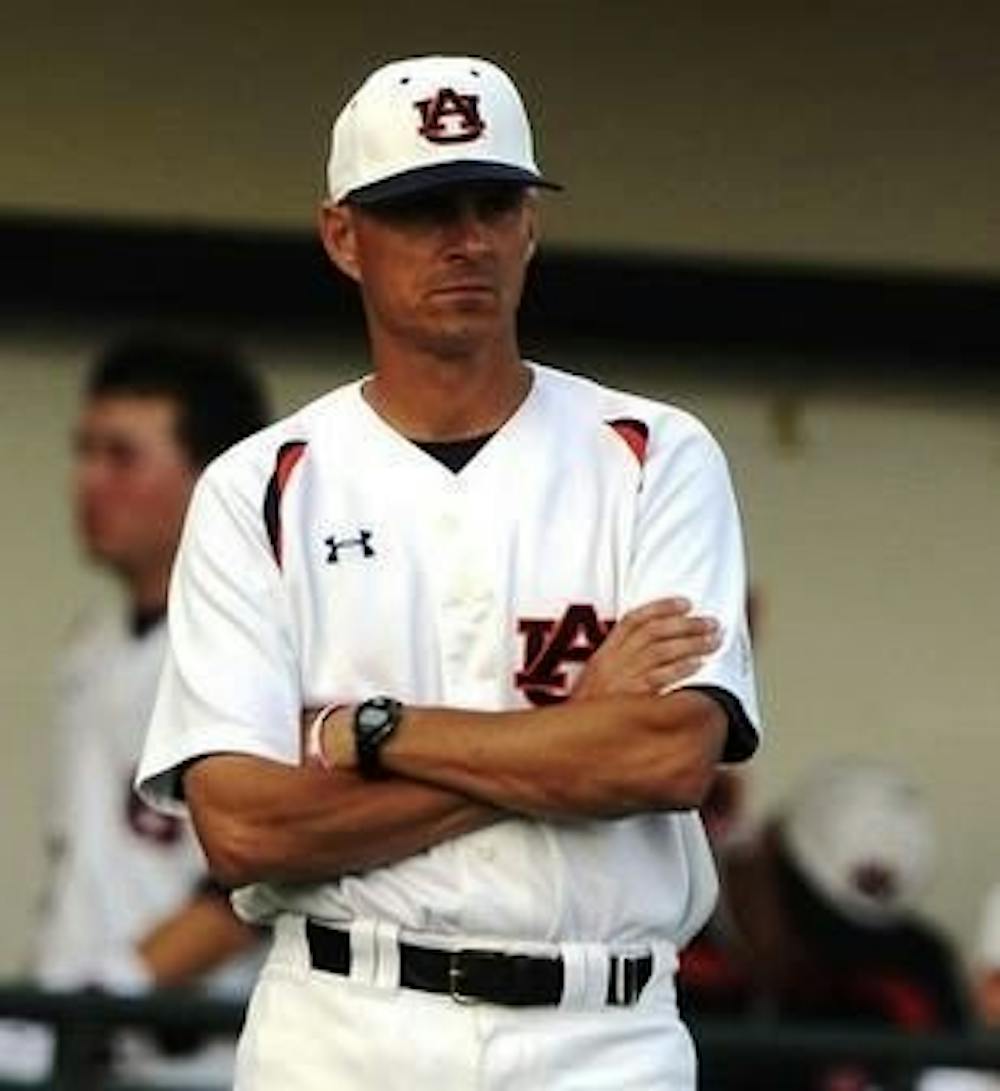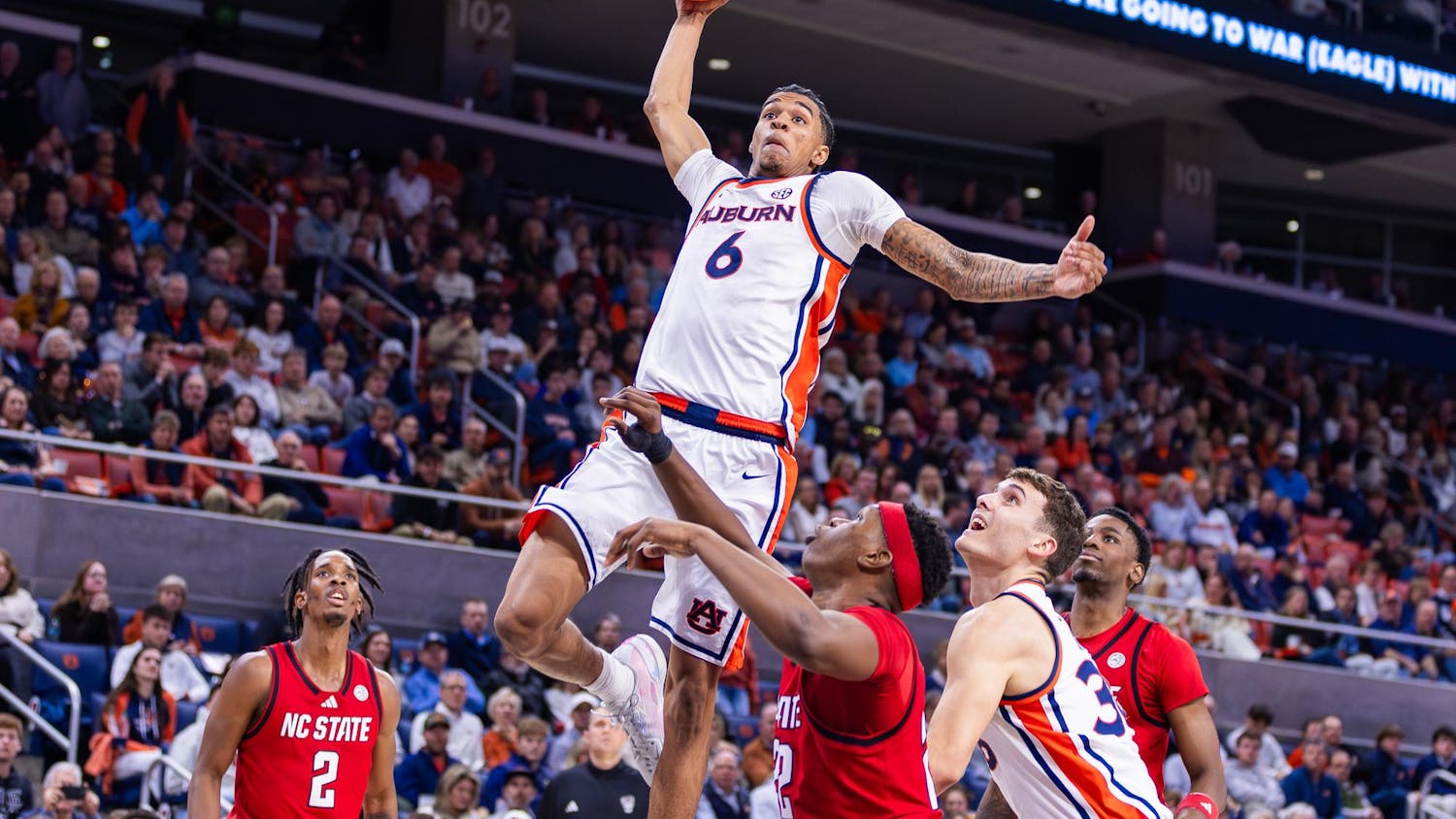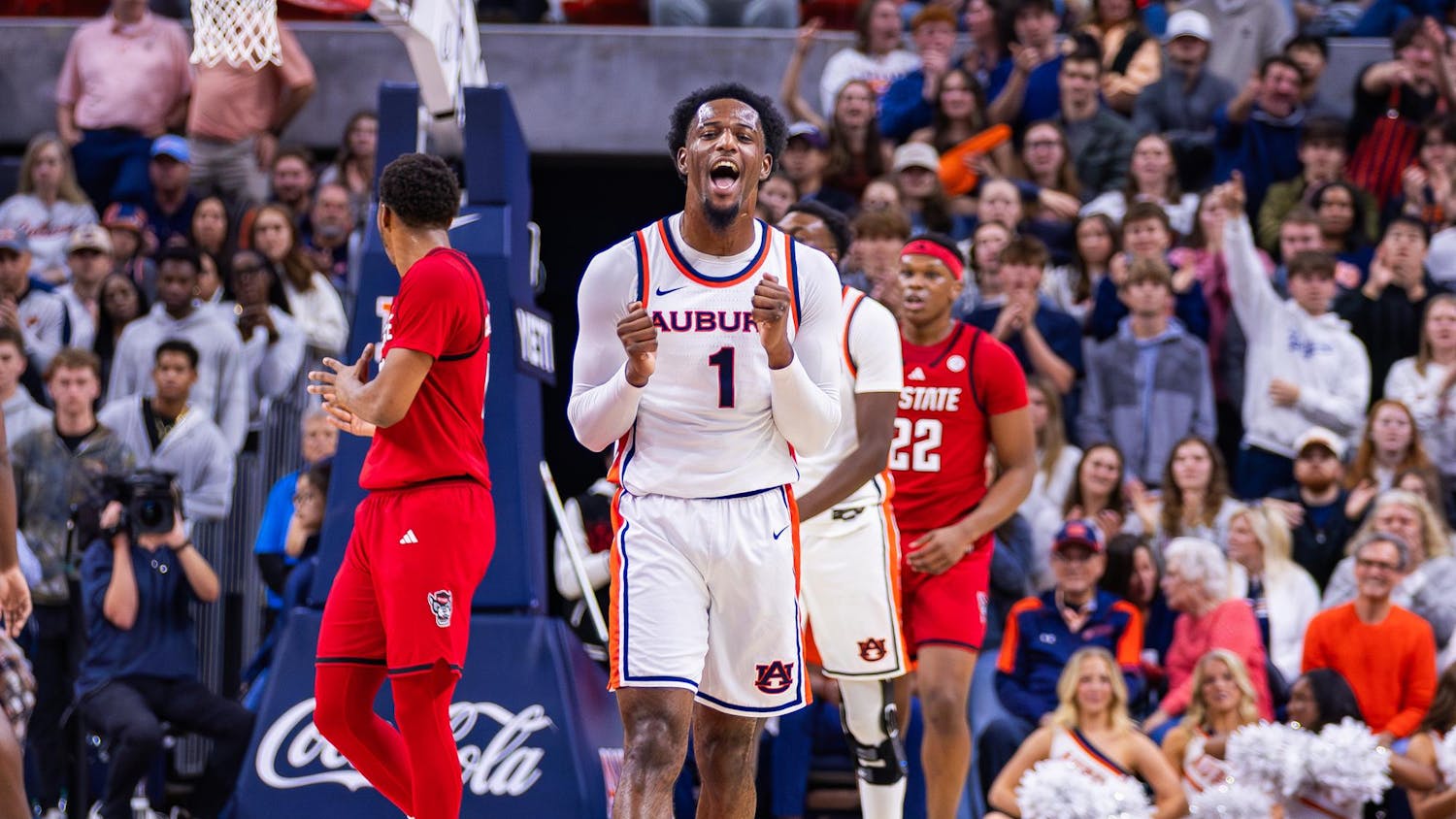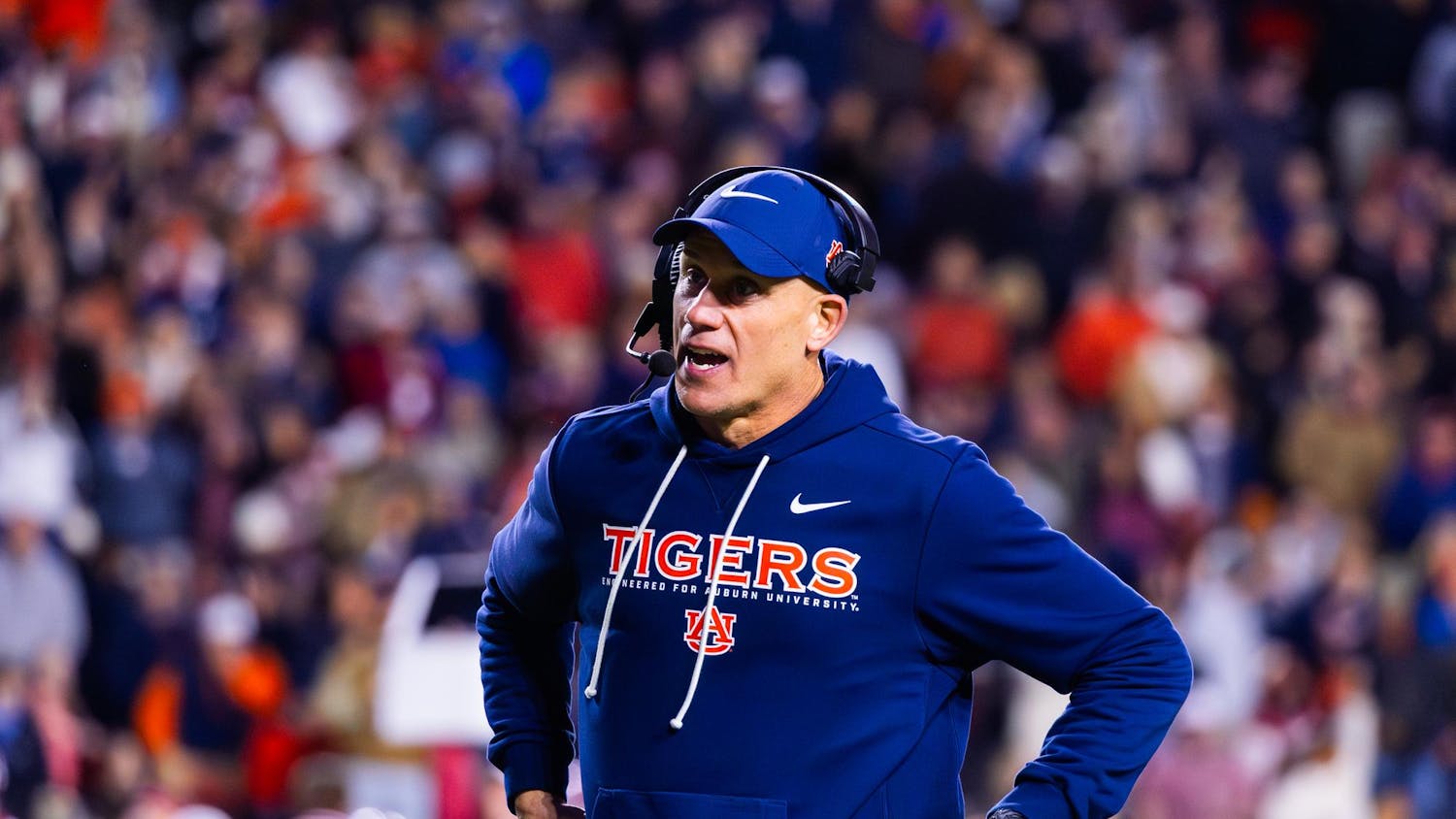Another year comes to a disappointing end as the Auburn baseball team failed to reach postseason play with a dismal 13-17 record in the SEC and 31-28 overall record. Though their record qualified them for a regional, their RPI was simply not enough.
The blame game can be played and fingers can be pointed in every which way, but in Division I athletics the responsibility to perform comes from the top.
Looking at the numbers, the Tiger's record doesn't add up.
The Tigers boasted the highest batting average (.304) as well as the highest on base percentage (.386) in the SEC. Runners were getting on.
The problem does not come from moving them around the base paths either. The Tigers racked up a whopping 113 stolen bases and led the SEC in sac bunts and flies. Runners were getting over.
The offense capitalized on this production by bringing in 351 runs, ranked third in the SEC. Runners were getting in.
The defense's numbers were the polar opposite. A SEC third-worst era of 3.92 was put up from the pitching staff. Accompanied with the SEC's worst field percentage, Auburn struggled to hold opponents from crossing the plate.
Put that group of stats together, the Tigers only had a win percentage more than .500 when they scored seven runs or more, and allowed four runs or less.
Those who attended practice every day are the only ones who know the truth, but it seems as if fundamentals were not a priority for this baseball team.
What happened to the team that took two out of three against Ole Miss, Mississippi State and LSU at the beginning of SEC play? A couple of injuries and three sweeps later the Tigers found themselves with the No. 10 seed in the SEC tournament facing the Florida Gators who just embarrassed them at home.
Throughout the latter half of the season some questionable decisions were made that led to key loses that should have been wins. Losses against teams like Jacksonville State, Samford and most notably South Carolina in the final matchup of the season.
No. 7 South Carolina defeated the Tigers in a game that was full of question marks.
Cory Luckie, who had started only two games up to that point, took the bump for the Tigers. After allowing two runs in two innings, Pawlowski brought in Slade Smith who had also had a shaky year, and let up three more.
It wasn't until the sixth inning that the SEC proven Derek Varnadore came in, followed by Justin Bryant who both held the Gamecocks scoreless for the remainder of the game.
The Tigers made their best attempt at a comeback in the seventh. They strung a couple of hits together and moved runners into scoring positions with a Dan Glevenyak sacrifice fly and one out. Pawlowski's next move was to bring in Cullen Wacker to pinch hit. Wacker struck out and Caleb Bowen followed with a ground out, inning over.
Wacker was a proven hitter with a .350 batting average on the season with a big asterisk; he had missed most of the previous month because of a knee injury.
That is only one game, but these are the type of things that had been happening for the past couple of seasons. There has not been a solid rotation in two seasons which may be because of a talent issue, but how can pitchers attempt to find a rhythm when they may pitch every seven days for three weeks, and every 12 days for the next five.
This is not a demand for Pawlowski's head, but his chances for success are running out. It is understood that a team with 22 freshmen is going to have some growing pains. Injuries to starter Will Kendall, left fielder Cullen Wacker and first baseman Garret Cooper also make things difficult.
It should be no surprise to anyone that the Tigers must finish better that No. 10 in the SEC to have a shot at the postseason next year. If this is not the case, come May 2013, Pawlowski should pack his bags, regardless of what happened in 2010.
Do you like this story? The Plainsman doesn't accept money from tuition or student fees, and we don't charge a subscription fee. But you can donate to support The Plainsman.





